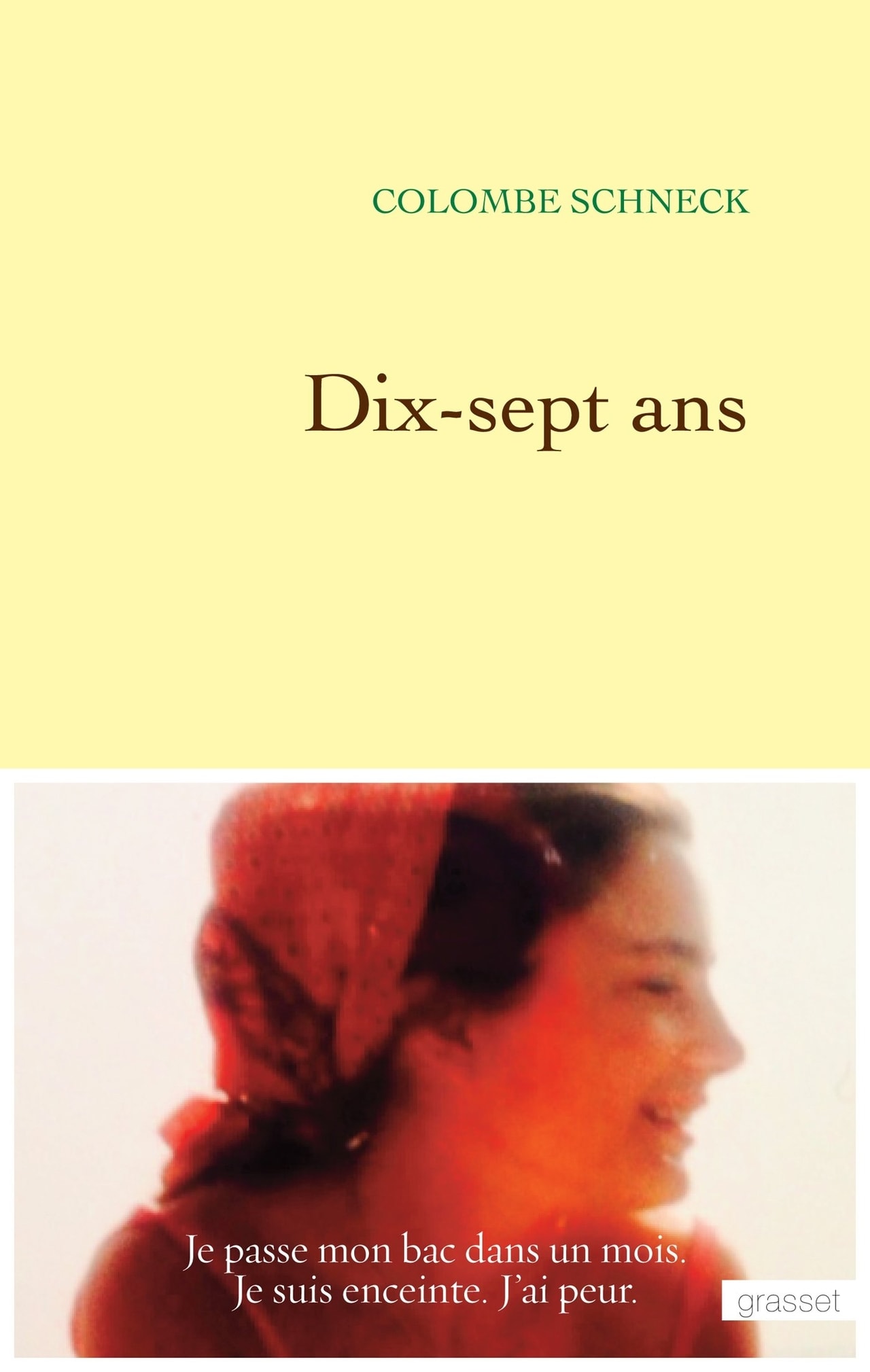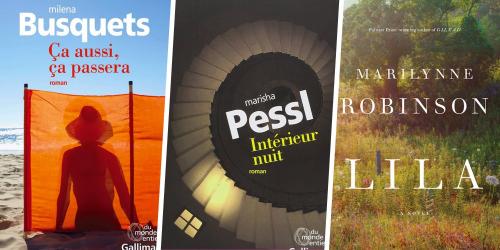If you have not already done so, throw in these books, even those who are not in the six finalists but could have been there. A choice that reflects the quality and diversity of the novels we have chosen this year. Written in French by French or foreign authors, they speak as well of affectivity as of sex, new manners, the Net and the galleys of work.
"Vernon Subutex" by Virginie Despentes (edited by Grasset)
Four years after his Renaudot Prize (for "Baby Apocalypse"), here is a magnificent text about decadence and resilience in the midst of the rubble, a song of hope for somewhat devastated characters, but in whom life still prevails. Marginalists, as always with Virginie Despentes. Vernon Subutex, the hero of this book (whose sequel will appear in March), like a number of the characters he meets, used and abused drugs. Here he is almost on the street, obliged to squat every day at a friend or a friend left since the days when he was a record store, imbued with rock culture. In search of a roof, money and lost time which he keeps nostalgia. Humanity, suspense, humor and acute social conscience: a masterful novel.

"Gabrielle" by Agnès Vannouvong (edited by Mercure de France)
From sheets to sheets and arm-in-arm, a group of thirty-year-old Parisians struggle against hypermodern loneliness by seeking the best way to live with the soul mate, the opposite sex or not. Enthusiasms in flips in love, portrait of a generation in search of a new form of love and parenthood, in a style very contemporary and terribly seductive. The author, it is no accident, teaches gender studies at the University of Geneva.

"To serve you" by Véronique Mougin (edited by Flammarion)
They are "people", but without celebrity. The haves who found more profitable than the showbiz and therefore push the discretion (tax?) Until not being famous. All are horribly rich. Véronique Mougin, who has investigated with governesses and servants, feeds her book with details crying out for truth. Thus, the main character of this novel tells us - with a mixture of finesse and humor necessarily cow - his misfortunes among the regulars of fortune, and his little happiness when some masters have the good taste not to transform it into a slave . A tasty text that is understandable that several publishers have snatched it.

"Azadi" by Saïdeh Pakravan (edited by Belfond)
Raha, a student of architecture, suffers from Iran. His country, that of the mullahs and a despotic president "elected" in 2009 after a rigged vote. One recalls these crowds, where Raha and his friends appeared, demonstrating in the streets of Tehran for freedom ("azadi" in Persian). Raha found herself in prison, raped by nerves of the regime. Then trying to get reparation and consider a normal woman's life. Written in French by an Iranian, this novel of crushed freedom still sparkles with life and hope.

"Alice" by Emma Becker (edited by Denoël)
In this very autobiographical novel she told of her liaison with a surgeon much older than she, in a private room where they played the doctor without a taboo. Five years later, here is Alice, double of Emma Becker, who takes one more step in the unveiling of the unavowable. Or what it is fashionable to consider as such. Sex gogo and various slips with another gent not his age (and a few others). There is also talk of her separated parents, the exasperated love she feels for them, and her obsessive fear of losing them. This mixture of genres, affective and carnal, makes the originality of this romance so little romance. As her acute sense of psychology and words to say it make the scandalous Emma Becker a true writer, and not the simple distiller of a chic porn literature.

"Seventeen years" by Colombe Schneck (Grasset eds)
"Abortion is not a beautiful subject of literature," says Colombe Schneck in this account of an ... abortion. Her, when she was 17 years old. She had not told him so far. Prolonged silence. That of a regret suspended, of a shame not yet drunk. She was then a socially favored, sexually free, totally carefree girl. It was in 1984, nine years after the Veil law, authorizing the abortion, and she could easily avoid having this child who arrived too early. It was only thirty years later that she decided to put into words this episode where her young life rocked. On what remains a wound, here is a narrative almost light, without blackness, without crying: elegant, dare we say.



